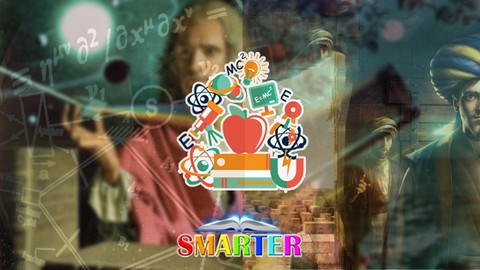School Physics Class 11 Practical Tests and Answers

Description
School Physics Class 11 Practical Tests and Answers
Physics Lovers Save your Time and Effort ….. Physics Class 11 Practical Tests and Answers [99%PASS]
Special thanks to Ibn-ElHaytham, Isaac Newton, Albert Einstein, and other Giants who provides us “Physics”
Physics is the natural science that studies matter, its fundamental constituents, its motion and behavior through space and time, and the related entities of energy and force. Physics is one of the most fundamental scientific disciplines, and its main goal is to understand how the universe behaves.
Physics is one of the oldest academic disciplines and, through its inclusion of astronomy, perhaps the oldest. Over much of the past two millennia, physics, chemistry, biology, and certain branches of mathematics were a part of natural philosophy, but during the Scientific Revolution in the 17th century these natural sciences emerged as unique research endeavors in their own right. Physics intersects with many interdisciplinary areas of research, such as biophysics and quantum chemistry, and the boundaries of physics are not rigidly defined. New ideas in physics often explain the fundamental mechanisms studied by other sciences and suggest new avenues of research in academic disciplines such as mathematics and philosophy.
Advances in physics often enable advances in new technologies. For example, advances in the understanding of electromagnetism, solid-state physics, and nuclear physics led directly to the development of new products that have dramatically transformed modern-day society, such as television, computers, domestic appliances, and nuclear weapons; advances in thermodynamics led to the development of industrialization; and advances in mechanics inspired the development of calculus.
Contemporary research in physics can be broadly divided into nuclear and particle physics; condensed matter physics; atomic, molecular, and optical physics; astrophysics; and applied physics. Some physics departments also support physics education research and physics outreach.
Since the 20th century, the individual fields of physics have become increasingly specialized, and today most physicists work in a single field for their entire careers. “Universalists” such as Einstein (1879–1955) and Lev Landau (1908–1968), who worked in multiple fields of physics, are now very rare.
Who this course is for:
- Physics Lovers
- Students of 11 Class
- Teachers
- Fathers and mothers / Parents
- Kids




